I am trying to deploy a contract. I get the contract address without errors. Immediately after deploy, the contract is deleted. Although it is possible to transfer funds to the contract address without errors. What could be the problem?
https://github.com/PavelZavadskiy/uniswap_permit2
let esealCompiled = require('../artifacts/contracts/Permit2.sol/Permit2.json');
const bytecode = esealCompiled.bytecode;
const contractTx = new ContractCreateFlow()
.setGas(3000000)
.setBytecode(bytecode)
.setAutoRenewAccountId(myDefaultAccountId);
//Submit the transaction to the Hedera test network
const contractResponse = await contractTx.execute(client);
//Get the receipt of the file create transaction
const contractReceipt = await contractResponse.getReceipt(client);
//Get the smart contract ID
const newContractId = contractReceipt.contractId;
//Log the smart contract ID
console.log('The smart contract ID is ' + newContractId);
const transaction = new TransferTransaction()
.addHbarTransfer(myDefaultAccountId, new Hbar(-10))
.addHbarTransfer(newContractId.toString(), new Hbar(10));
//Submit the transaction to a Hedera network
const txResponse = await transaction.execute(client);
//Request the receipt of the transaction
const receipt = await txResponse.getReceipt(client);
//Get the transaction consensus status
const transactionStatus = receipt.status;`


